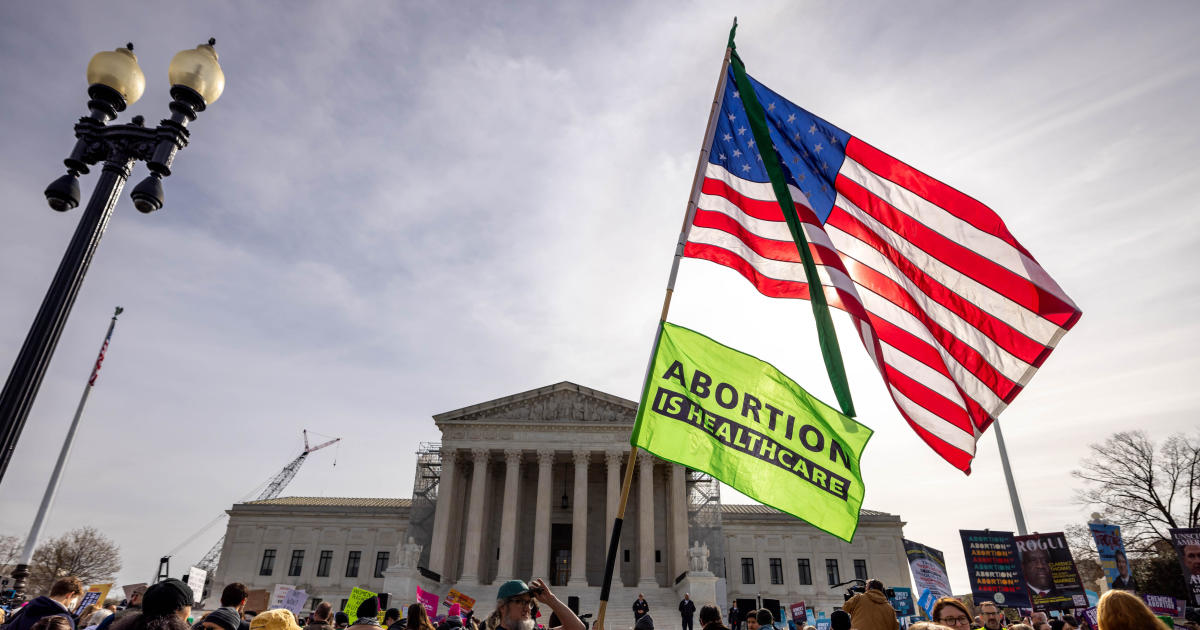How the Supreme Court will function with eight justices ahead of the election
Justice Ruth Bader Ginsburg's death leaves a vacancy on the Supreme Court, meaning the court is now split between five conservative jurists and three liberal justices until a replacement is confirmed. Although conservatives hold the majority, Chief Justice John Roberts has recently sided with the liberal justices in critical cases, raising the specter of 4-4 split decisions in upcoming cases.
The potential for tie decisions is particularly concerning given the upcoming election. The coronavirus pandemic is expected to lead to a significant uptick in mail-in voting, and there are currently several election-related cases pending in state and federal courts.
Moreover, the results of the election may not be clear on the night of November 3, raising concerns that the country could see another situation where the election is essentially determined by the Supreme Court.
After the 2000 election, when the results in Florida were inconclusive, George W. Bush's campaign asked the U.S. Supreme Court to stay a ruling by the Florida Supreme Court to continue a manual recount of questionable ballots in several counties. The U.S. Supreme Court granted the stay, and decided in the case Bush v. Gore to permanently halt the recount process. Halting the recount meant that Florida's electoral votes were granted to Bush, who held a narrow lead on election night, and essentially handed Bush the election. The Court was split by a 5-4 vote, with the four liberal justices strongly dissenting the decision.
If the eight-person court is split 4-4 in any case, the request to stay a lower court ruling is denied, which would leave the lower court ruling in place. So, in the case of Bush v. Gore, a 4-4 decision by the U.S. Supreme Court would have meant the Florida Supreme Court ruling allowing for a recount would be upheld.
Beyond concerns about how a divided court could affect the results of the November election, the Supreme Court is expected to hear arguments on two controversial cases before the end of the year. In November, the court is expected to hear arguments over the future of the Affordable Care Act. Roberts is considered a critical swing vote in this decision, as he voted in 2012 to uphold a critical portion of the law. However, if there is a tied vote in this case, the ruling by an appeals court dismantling significant portions of the law would be upheld, essentially disabling the ACA.
In December, the court will hear arguments in the case regarding House Democrats' ability to access grand jury materials from former special counsel Robert Mueller's investigation. A federal appeals court sided with House Democrats earlier this year, but the Supreme Court stayed the decision and agreed to hear arguments in the case this term.
"On the Supreme Court, a tie is really not a draw. It is a win for whatever party prevailed in the lower court. That decision stands," CBS News legal analyst and George Washington University Law professor Jonathan Turley told CBS News.
However, there is the potential for Ginsburg's vacant seat to be quickly filled before any major decisions are made. Multiple White House sources confirmed to CBS News that Mr. Trump is expected to nominate a replacement for Ginsburg, even if he is not reelected. Senate Majority Leader Mitch McConnell also announced Friday night that he will move forward on filling Ginsburg's now-vacant seat.
Only 51 votes are required to confirm a Supreme Court justice, and Republicans hold a slim majority in the Senate. Although some Senate Republicans have expressed reservations about filling a Supreme Court seat so close to the election, most are expected to vote to confirm Mr. Trump's eventual nominee.
If the Senate is able to successfully confirm a justice, this would give conservatives a strong 6 to 3 majority on the court — meaning that even without Roberts' vote, a conservative majority could still decide critical cases in 5 to 4 decisions.
"If the nomination is pushed forward to an actual confirmation in the next month, a new justice could be sitting for some of the bigger cases without a delay. To do so, however, will require a confirmation at a NASCAR pace," Turley said.




